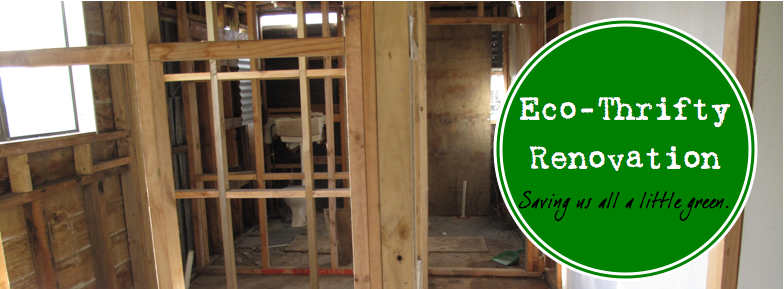We are in the unique position in that we are both permaculturists and educators. Our home is our classroom and a working model for sustainability. Our school - The ECO School - is perhaps the smallest, lowest budget non-profit on Earth. We are trying to grow it so that it can be financially sustainable, but our business model is outside of the mainstream and many people do not understand it.
The approach we take at The ECO School is an ecological one. We seek to enter into mutually beneficial relationships with individuals or organizations to provide the highest quality of education for sustainability for entire communities: from children through seniors. In nature this is called symbiosis, and more specifically mutualism. Synergy is another way to describe it: the whole is greater than the sum of its parts. In permaculture this is sometimes called "regenerative design."
We don't walk in to an organization, school or business and say "this is what you should do." We say, "What are your needs and how can we help you? Here are some ideas for you to ponder, but you decide what direction we take together." In other words, we can help others do what they do better... as long as "better" means more sustainably. Here are three recent examples:

Solscape Eco-Retreat in Raglan is in the process of developing into an education and conference centre. They launched an exciting new educational initiative a week ago today, so we went up to help our dear friends celebrate this important milestone. At the same time, we were able to run workshops at Solscape over the weekend as part of Raglan's Sustainable September calendar of events. We were able to bring the highest quality of education for sustainability to Solscape to help raise their profile as a leading facility in this area, and we were able to reach out beyond our normal audience in the greater Wanganui area and earn some money. (Well, it covered our travel expenses so we had a free weekend away with friends.)

The Green Space in Hamilton is a meeting venue run by other friends. I knew they had done an eco-renovation of which they were proud. Since Hamilton is near Raglan (and where I am an enrolled PhD student) I asked our friends if they would like to tag team a workshop for Hamiltonians. Again, the goal was for a mutually beneficial relationship where the Green Space gets local exposure, attendees get an excellent, low cost educational experience and I get to do what I love to do.

This afternoon I will be heading to Kakatahi School to help a cluster of rural schools plan a term 4 curriculum based on the sustainable use of energy. In this case, the principal contacted me to arrange for this professional development programme made possible by grant writing by the Sustainable Whanganui Trust and funding from the Wanganui District Council. This is a four-way partnership that permaculturists may call a "guild." All four entities benefit from this initiative and at least three schools will be in attendance.
Just in case you are interested in innovative, cross-curricular sustainability education, here are a few ideas I sent to the cluster to think about before our meeting this afternoon. I treat my curriculum design work like I do my permaculture landscape design work, starting with a client brief. This client brief came directly from the principal.
Brief: The topic that we would like to use for our planning would be: How can we be more sustainable in relation to Energy? (in our homes, schools, on our roads and on our farms). Each school has slightly different needs, but I think for our first meeting it would be useful to plan a unit of work for a term, based around the Energy theme. Each school could then adapt the unit to suit. It would be an Integrated Unit incorporating Science, Maths, English, Social Science and the Arts. It would be in the context of Education for Sustainability.
Preliminary ideas: Energy is everywhere around us all the time. Integrating energy across the curriculum should not be difficult, but the challenges will be meeting the needs of different schools, different age levels and different learners. I can provide ideas and support for teachers to adapt specific lessons for their students. Below is a short list of possible approaches. These can be clarified and expanded upon at the cluster meeting on the 30th.
• I have a professional development workshop called Eco-Maths that uses a PowerPoint slide show to provide ideas on how the teaching and learning of maths can be based on eco-design and home energy use. This workshop is designed to spark ideas that can be further developed by teachers with support from me or a local engineer, or green architect, etc.
• Our eco-thrifty renovation project has an active blog: www.ecothriftydoup.blogspot.com. I could set up a “kid-friendly” version of the blog, that classes to go to and post questions to which I could respond.
• I am an advocate of concept mapping as a teaching tool. I believe it is especially well suited for complex issues like energy. I would be happy to share some ideas on concept mapping.
• Some lessons on solar energy for Level 1 students can be found on the attached example of cross-curricular lesson planning at a Wangnaui primary school.
• I can share some ideas on science activities on various aspects of energy.
• I have an excellent, colorful graphic that compares the efficiency of different forms of transportation. If you have a colour copier it would be worth reproducing.
Peace, Estwing





No comments:
Post a Comment